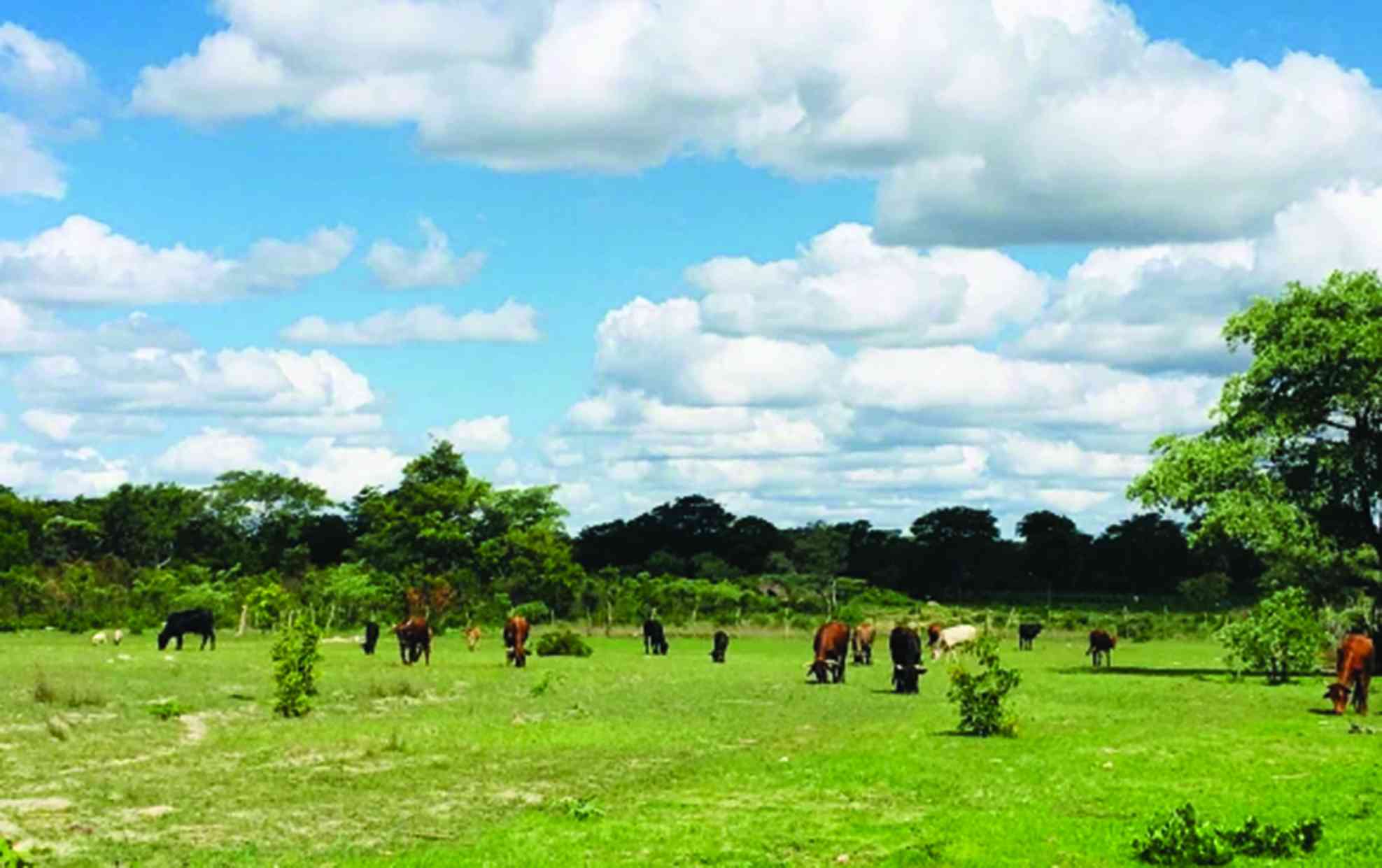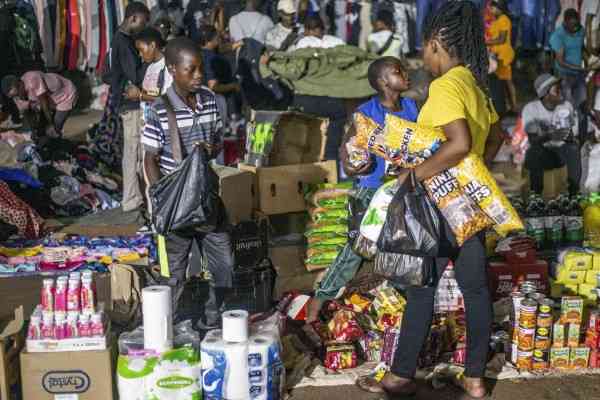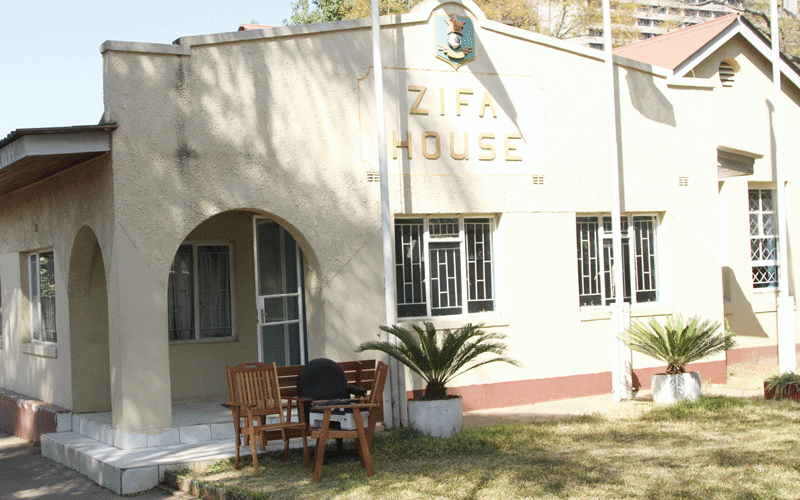
GOVERNMENT plans to give security of tenure to beneficiaries of the fast-track land reform exercise as it seeks to make the land bankable.
In a statement on Tuesday, the government said all land held by beneficiaries of the land reform programme under 99-year leases, offer letters and permits, will now be held under a bankable, registrable and transferable more secure document of tenure, to be issued by the Government of Zimbabwe to beneficiaries.
“As such, beneficiaries of the land reform programme will now have enhanced security of tenure to the land they legitimately hold,” it said.
Government said priority would be given to veterans of the liberation struggle, youths and women.
It said security of tenure to all agricultural land regularised under this programme will at all time only be transferable among indigenous Zimbabweans and that land targeted for the new land tenure system excludes communal land that is under the jurisdiction of traditional chiefs.
The absence of security of tenure had reduced the land, a key factor of production, to dead capital.
However, having security of tenure is not a passport to securing loans from banks as Bankers Association of Zimbabwe president Lawrence Nyazema said this week.
A farmer must demonstrate their revenue-generating projects to access bank loans, rather than relying solely on land as collateral, he said.
- Teachers, other civil servants face off
- Veld fire management strategies for 2022
- Magistrate in court for abuse of power
- Vungu Dam water treatment and irrigation project takes off
Keep Reading
“Land is not as collateral that a farmer can walk into a bank requesting a loan because he or she has land. A farmer must have a project that generates money,” Nyazema said.
“It is very difficult for a farmer to just approach a bank and ask for money just because they have the land. If he or she fails to pay for the loan, the bank should be able remove them from the land.
“It is prudent for the farmers to come up with project proposals that they can develop to make sure that they are able to access the funds and repay the loans.”
The land reform exercise, which began at the turn of the millennium to redress historical imbalances, has been blighted by the absence of funding from banks as they argued that there was no security of tenure.
For tobacco farmers, the absence of funding from the banks had resulted in small-scale farmers to be at the mercy of marauding merchants that pay little for the crop delivered, leaving golden leaf farmers with negative balances after toiling throughout the year.
There are fears that the small-scale farmers could be kicked off their land, which would reverse the gains of the land reform programme.
The land reform exercise has been blighted by corruption, with the elite grabbing multiple farms, leasing them to former farm owners and smiling all the way to the bank.
The fact that land will be transferable overnight makes some millionaires.
The regulations governing the new land plan must be clear and have safeguards against those that would want to profit from a government programme meant to redress colonial imbalances by selling the land.
The same applies to those leasing the land. They would have demonstrated that they don’t want the land.











